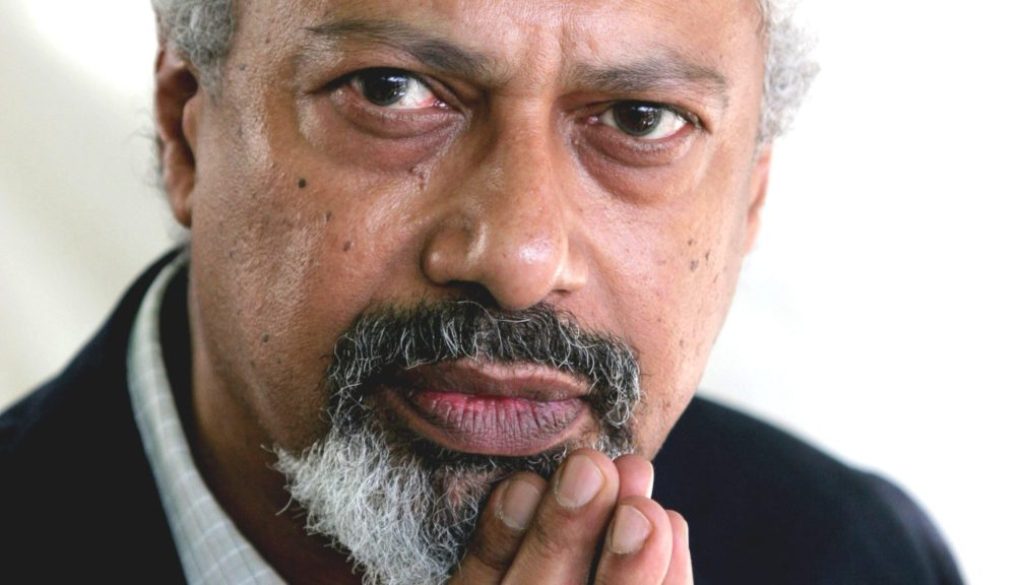Tanzanian Abdulrazak Gurnah wins the 2021 Nobel Prize in Literature

Tanzanian novelist Abdulrazak Gurnah won the 2021 Nobel Prize in Literature “for his uncompromising and compassionate penetration of the effects of colonialism and the fate of the refugee,” the award-giving body said on Thursday.
Based in Britain and writing in English, Gurnah, 72, joins Nigeria’s Wole Soyinka as the only two non-white writers from sub-Saharan Africa ever to win what is widely seen as the world’s most prestigious literary award.
His novels include “Paradise”, set in colonial East Africa during the First World War and short-listed for the Booker Prize for Fiction, and “Desertion”.
“Gurnah’s itinerant characters in England or on the African continent find themselves in the gulf between cultures and continents, between the life left behind and the life to come,” Anders Olsson, head of the Swedish Academy Nobel Committee, told reporters.
Though Swahili was his first language, English became Gurnah’s literary tool when he began writing as a 21-year-old.
He has drawn inspiration from Arabic and Persian poetry as well as the Koran, but the English-language tradition, from William Shakespeare to V. S. Naipaul, would especially mark his work, the Swedish Academy said.
“That said, it must be stressed that he consciously breaks with convention, upending the colonial perspective to highlight that of the indigenous populations,” said the academy, a 235-year-old Swedish language institute which awards the 10 million Swedish crowns ($1.14 million) prize.
It was the second literature Nobel in a row awarded to a writer in English, and the fourth of the last six, an unusually long stretch for the prize to be dominated by a single language.
In an interview with the Academy, Gurnah said many Europeans misunderstood the idea of migration.
“When many of these people who come, come out of both need, and also because, quite frankly, they have something to give,” he said. “They don’t come empty handed . A lot of them are talented, energetic people who have something to give.”
Peter Morey, a scholar at the University of Birmingham, singled out Gurnah’s “fearless understanding of the connections between people and places and how they change over time in the face of the boundaries and borders designed to keep them apart.”
Since Soyinka became the first African to win the prize in 1986, it has been won by Egypt’s Naguib Mahfouz and three white African writers – South Africans Nadine Gordimer and J.M. Coetzee, and Doris Lessing, raised in British-ruled Southern Rhodesia, now Zimbabwe.
Past literature winners have primarily been novelists such as Ernest Hemingway, Gabriel Garcia Marquez and Toni Morrison, poets such as Pablo Neruda, Joseph Brodsky and Rabindranath Tagore, or playwrights such as Harold Pinter and Eugene O’Neill.
But writers have also won for bodies of work that include short fiction, history, essays, biography or journalism. Winston Churchill won for his memoirs, Bertrand Russell for his philosophy and Bob Dylan for his lyrics. Last year’s award was won by American poet Louise Gluck.
Beyond the prize money and prestige, the Nobel literature award generates a vast amount of attention for the winning author, often spurring book sales and introducing less well-known winners to a broader international public.
[Source: Reuters]
